Philosophy
Curriculum Statement: Philosophy of religion and ethics, Christianity. (Religious Studies)
KEY STAGE 5
|
Powerful Knowledge |
|
Whether there is a God or Gods and knowing what it means to live a ‘good’ life are the two most debated questions in human history. Christian thought has developed and changed radically through the centuries as philosophers and theologians have modified their views on these questions. Understanding the ‘thought journey’ and the complexities of the ideas that underpin that journey allows students to develop a much deeper understanding of why our world is as it is today. Powerful knowledge in Philosophy, Ethics and developments in Christian thought:
In KS5 students complete the OCR Religious studies (H573) course. The course contains three elements:
Philosophy of Religion This section of the course includes work on the ancient philosophical influences on Christianity and how these shaped Christian ideas about the nature of God. It moves on to cover the traditional arguments for the existence of God (Teleological, Cosmological and Ontological) before moving on to discuss the problem of evil and the nature of religious experiences. It also includes units on the nature and possible immortality of the soul. In year 13 students study the use of religious language and the attributes of God.
Religion and ethics This section of the course explores the normative ethical theories of Kant, Bentham and Mill, Aquinas and Fletcher before moving on to discuss a range of applied ethical topics. These include Euthanasia and business ethics. Students develop a solid grounding and understanding of the difference between absolutist and deontological theories and teleological consequentialist ethical theories. In year 13 students explore Meta ethical theories and apply their course knowledge to the applied topic of sexual ethics. There is also an exploration of differing views of the conscience and the role it has in ethical decision making.
Developments in Christian thought The final unit of the course sees students follow the journey of Christian thought on a very broad range of issues including human nature, sexism, the rights and wrongs of evangelism, liberation theology and Marx and religious pluralism. Also included are units on the afterlife, the person of Christ and Cristian moral principles. |
|
Literacy |
|
Literacy is encouraged and developed by ensuring that all means of communicating are developed. Philosophy is, by its very nature, discursive. As a result, debates and discussions form a central part of our lessons. Socratic questioning is used to develop students' ability to create logical arguments and to find the flaws in their own arguments and those of others.
Verbal literacy is of primary importance as it lays the foundation for written literacy. If you can talk about it you can write about it. Essay writing skills are taught and developed throughout the course in preparation for the three examinations students must sit at the end of Year 13.
Literacy is further developed and encouraged through the use of high quality textbooks and other reading material as well as debates and lectures featuring many of the scholars we have to study. A podcast is also used extensively to support independent student learning and research. This allows students to go beyond the curriculum requirements which they will need to access higher mark bands.
|
|
School Context |
|
Historically A level Philosophy of Religion and Ethics has always been one of the more popular student choices with as many as one third of students choosing it. Examination results have been excellent and the school won the Good Schools Guide award for ‘Best Boy’s A level results in an English comprehensive school’ in 2009. |
|
Assessment |
|
Summative: Rosenshine’s continuous recall and assessment are used to ensure that students revisit their prior knowledge at regular intervals. Repetition of critical information and ideas helps students to embed key principles in their long term memory. Socratic questioning is also widely used to test the limits of student understanding and to help them develop more coherent ideas.
Formative: Students complete timed essays to replicate examination conditions. These essays are marked and returned to students who rewrite them taking into account teacher feedback.
Mock examinations take place at the end of each unit.
Students are free to submit additional essays as they complete them and many choose to do this. |
|
Careers |
|
A very high percentage of students who take Philosophy of Religion and Ethics at A level continue their studies at University. Several past students are now Philosophy teachers in their own right, some have become solicitors and barristers, others are academics and doctors. The skills developed by this A level give students a skill set which is in high demand and prepares them for any career or job which requires critical thinking skills, communication skills and the ability to put forward coherent arguments. |






